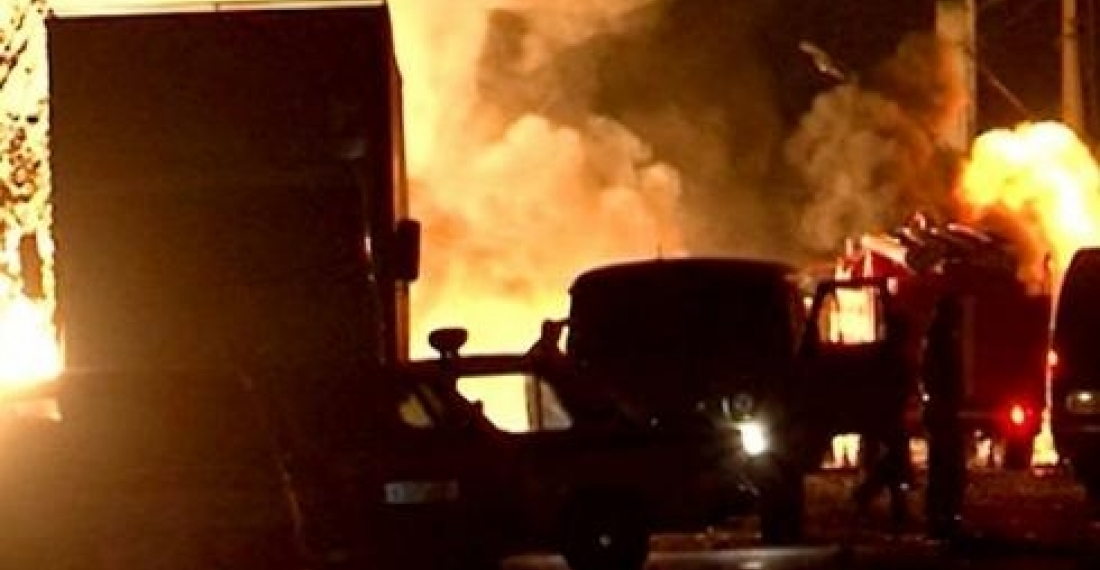The president of the North Caucasus Russian republic of Daghestan has returned back to the capital Makhachkala after curtting short a visit to Moscow, in order to deal with the aftermath of two bomb explosions which have killed thirteen people and left more than one hundred injured.
The thirteen dead include seven police officers, two firefighters and two local residents. 83 people were hospitalized, while 26 received medical treatment on site.
According to preliminary information, a suicide bomber died when he blew up his car up after it was stopped for a security check at a police post on the outskirts of the city.
“The explosive technicians say the first car, a Mitsubishi, had a 30 kg TNT equivalent bomb in it,” said the National Antiterror Committee’s Nikolai Sintsov.
The bomb was so powerful that it was hard to tell what kind of car was involved, he said.
At approximately 10.45 pm local time, or about half an hour after the first blast, the second bomb, contained 50 kg TNT equivalent, went off in a Gazelle light van parked nearby, killing twelve.
The second blast took place when a vehicle with emergency service personnel had arrived at the scene. The blasts claimed the lives of three rescuers and six police officers, but casualty reports are still being verified, according to the republic’s interior ministry.
The explosions considerably raise the stakes in Moscow's current battle with Islamist insurgents in the North Caucasus. Daghestan has been the target of insurgents attacks in the past but the scale and the methods of this attack are bound to create worries amongst law enforcement officers about a possible escaltion of the conflict.
source: commonspace.eu with RIA Novosti
photo: The explosion in Makhachkala on 3 May (picture courtesy of RIA Novosti)







